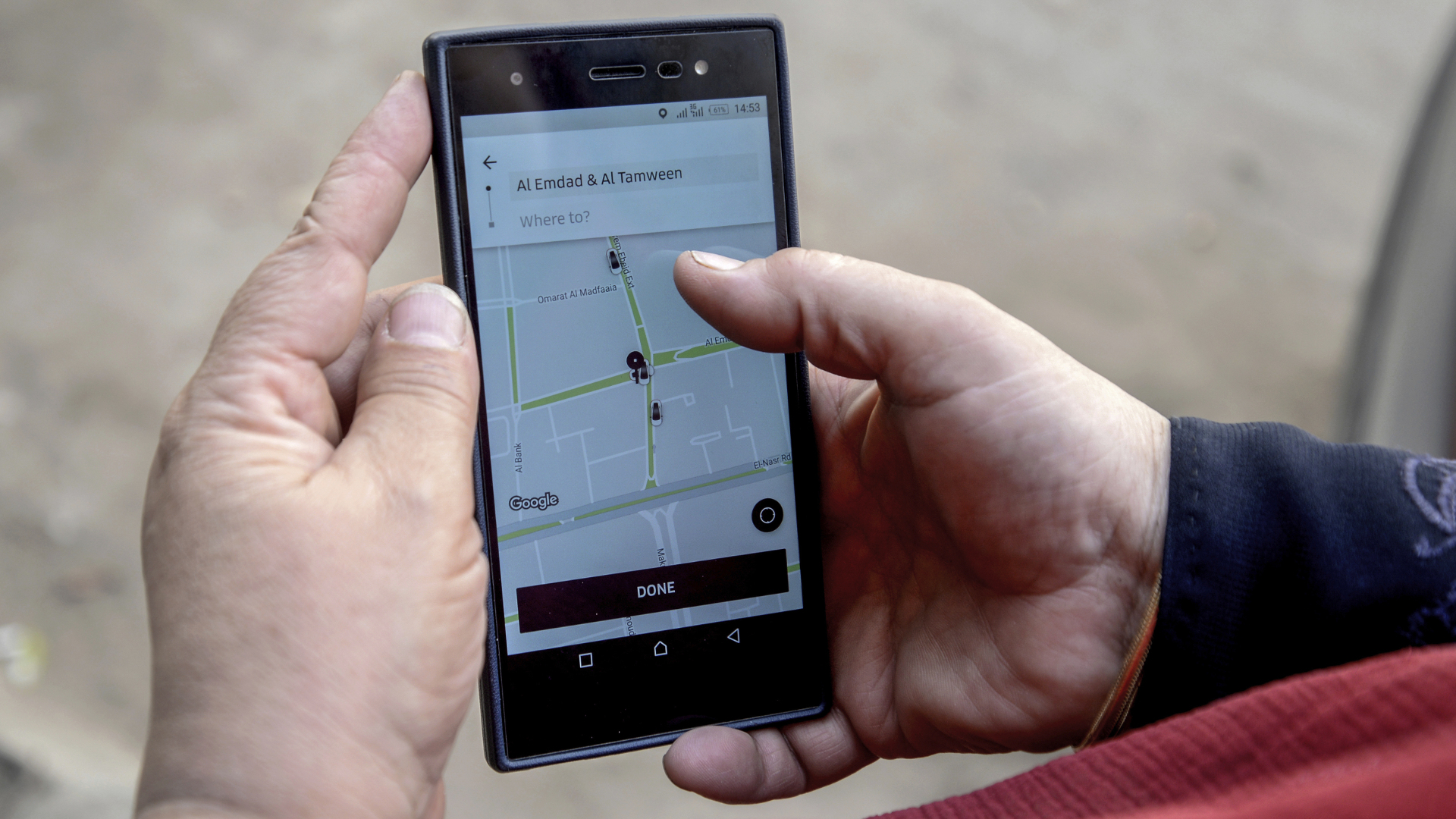

Back in 2014, Uber took a lot of heat when reports emerged that employees regularly used the company’s “God Mode” tracking tool, which shows the live location of every driver and passenger using the app, to spy on everyone from their exes to celebrities. The company defended the tool’s existence while admitting to a few improper uses, renamed it “Heaven,” and paid a small fine, doing its best to pretend it never happened.
That routine could be a lot harder to pull off in Egypt, where the government of President Abdel Fattah el-Sisi is trying to pressure Uber and its competitor Careem into handing over the very same passenger-tracking data, according to The New York Times. The two companies turned down a direct request late last year, but now the Egyptian Parliament will soon consider a bill that would make it mandatory for any ride-sharing company to use servers within the country and give the government access to the live data.
“It’s hard to imagine a legitimate reason for having this kind of extensive data on people’s movements, unless it’s part of a broader surveillance effort. And given Egypt’s human rights record, that’s not a very positive sign,” Claire Lauterbach of Privacy International, an advocacy group in London, told the Times.
When Egyptian military officials first approached Uber last year, the company was (and still is) dealing with a rash of negative coverage Stateside and decided to deny the request flat-out. But executives at Careem reportedly held a series of meetings with the officials on the topic, and were promised free servers, a 5 percent investment via a government-controlled company, and help “in negotiations with government authorities” in exchange for the live tracking data.
“The general said, ‘Information is power, and we need it,'” an official with knowledge of the meeting told the Times.
Amid a growing crackdown on open dissent in Egypt, it’s not hard to see why this could be a major tool for the Sisi government to target the same kind of younger, tech-savvy people that threw Hosni Mubarak out of office during the Arab Spring in 2011. Protests could be shut down before they begin, or activists meetings could be raided once government knows everyone has arrived. Lives could literally be at stake.
The proposed data-sharing law stands a good chance of passing in the Egyptian Parliament, which is packed full of Sisi supporters, though both Uber and Careem are pushing for amendments to change the requirements. There’s no debate that pulling out of the country would be expensive should they fail—Cairo is Uber’s third-largest city by ride volume in Europe and the Middle East, while Careem relies on Egypt for about half its total business. The real question is, would the moral cost of compliance be even greater?